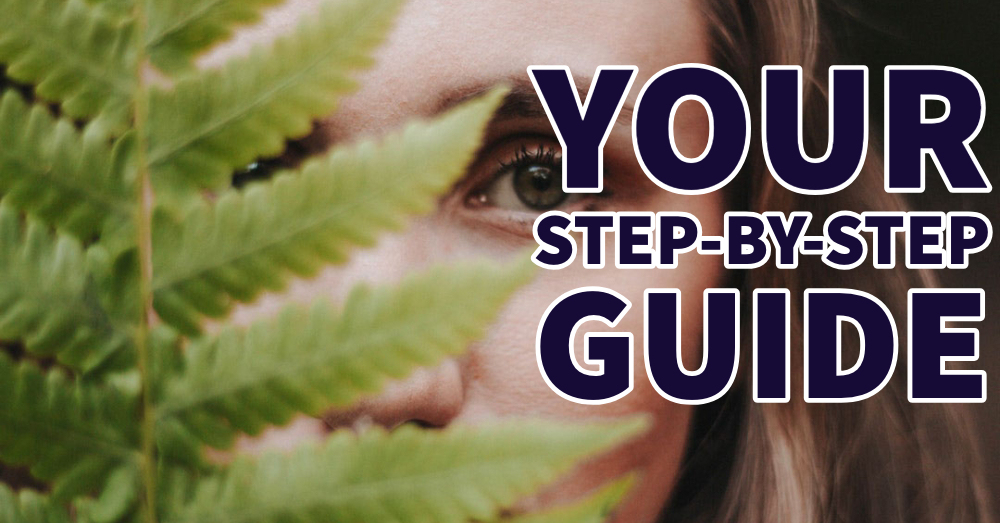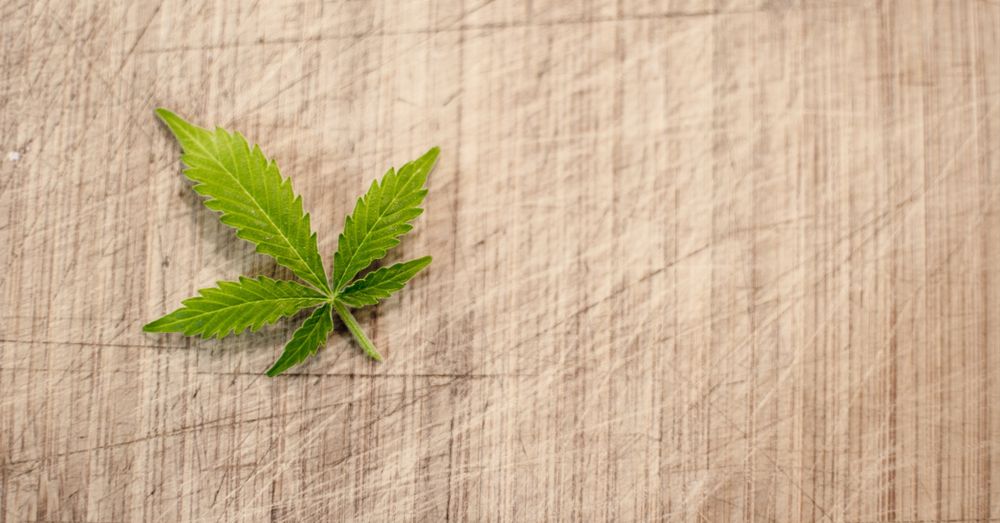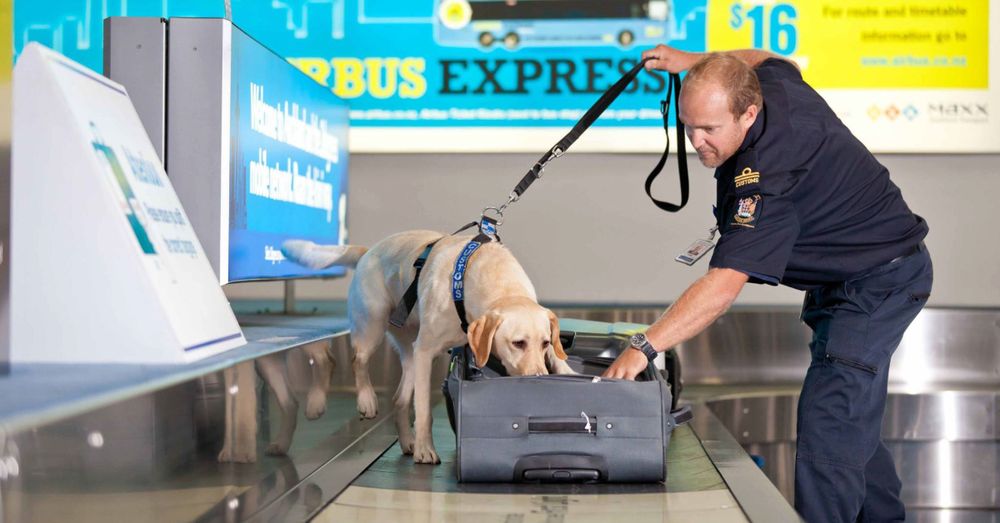
How to Import Hemp (Cannabis) Seed as Food into New Zealand
9-minute read
From 12 November 2018 hemp (cannabis sativa) seed food products will be able to be imported into (and exported from) New Zealand. What are the rules?
Importers and exporters should note products must NOT contain whole hemp seeds. Whole hemp seeds remain Class C drugs under the Misuse of Drugs Act 1975 and cannot be imported into New Zealand without a licence issued by the Ministry of Health.
New regulations, amending the Misuse of Drugs (Industrial Hemp) Regulations come into effect 12 November 2018 and allow the importation of hulled, non-viable hemp seeds without a licence. Hulled hemp seeds have had the outer husk or hull removed.
Importers of whole hemp seeds (whether or not viable) must obtain an import licence from the Ministry of Health for each consignment. Note these changes apply to (pure) cannabis sativa seeds, and do not apply to cannabis indica or cannabis ruderalis seeds or hybrid seeds – these remain prohibited imports.
Consignments of hemp (cannabis) seeds, both whole and hulled, must be classified to HS Tariff code 1207.99.00.25F. The importer will then be required to declare on the entry whether or not the goods are controlled drugs (ie whole) or not controlled drugs (hulled hemp seeds).
The consignment import licence issued by the Ministry of Health must be presented to Customs for each importation of whole hemp seeds. New HS Tariff codes will be in place from 1 January 2019 to differentiate whole and hulled hemp seed, and also hemp flour and hemp meal.
These changes make no change to the prohibited status of “cannabis edibles” (foods infused with or containing cannabinoids such as THC or CBD), all hemp oil (other than hemp seed oil), full spectrum hemp extract and other medicinal cannabis products.

Who will benefit?
Regional economies are the biggest winners of rule changes that allow hemp seed to be treated as just another edible seed.
“This is great news for the local hemp industry, which has argued for decades that the production of hemp seed foods will stimulate regional economies, create jobs and generate $10-20 million of export revenue within 3 to 5 years,” Food Safety Minister Damien O’Connor said.
“Diversification is key to the health of a regional economy and the Government is committed to working with our primary sectors to get more value from what they do.
“Hemp is currently grown under permit and is used for fibre and hemp seed oil. Hulled, non-viable seeds and their products will be now be viewed as just another edible seed.
“Growing, possession and trade of whole seeds will still require a licence from the Ministry of Health. Hemp seeds are safe to eat, nutritious and do not have a psychoactive effect.
“The Misuse of Drugs (Industrial Hemp) Regulations 2006 and the Food Regulations 2015 will be amended to allow the sale of hemp seed as food. Hemp flowers and leaves will not be permitted.
“We will continue to ease pathways for our farmers and growers to produce the finest food and fibre for the world’s most discerning customers,” Damien O’Connor said.
Questions and answers
What is hemp?
- Hemp is a Cannabis sativa plant species, but with a low THC content.
- Hemp is used for several purposes, for example as a textile, building material and paper. Hemp seeds can also be eaten, or they can be processed to make foods such as hemp seed oil, or hemp milk.
- Hemp seeds contain close to zero THC, the substance which produces a psychoactive effect. They can, however, have trace levels of THC from the leaves of the plant.
Is there a link between hemp seed as food and medicinal cannabis?
- No. The levels of active cannabinoids in low-THC hemp food products are well below any level that has proven to have any form of therapeutic effect.
- Products from cannabis that have a therapeutic effect must follow a different regulatory pathway to hemp seeds as food.
- The amended Standard 1.4.4 sets in place restrictions on the labelling, marketing, and advertising of these products.
- The label for the food must not include the words ‘cannabis’, ‘marijuana’ or words of similar meaning.
- The labels must not include an image or representation of any part of the cannabis plant, except for the seed.
Can hemp seed food contain cannabidiol?
- Cannabidiol is derived from the plant’s flowers and leaves and is a prescription medicine. The new permission is for hemp seeds only.
- Naturally occurring cannabidiol must not be present in any food for sale at a level greater than 75mg/kg, which will not cause any therapeutic or psychoactive effect.
- If food or water is infused with cannabidiol, it becomes a medicine and must be registered with the Ministry of Health.
Are hemp seed foods safe to eat?
- Hemp seeds (and the food products made from seeds) are safe to eat .
- Hemp seeds have a favourable nutritional profile, particularly with respect to omega-3 fatty acids.
- Hemp seeds do not produce a psychoactive or therapeutic effect.
Will consuming low-THC hemp seed food products cause someone to fail a roadside or workplace drug test?
Swinburne University of Technology research concluded that it is highly unlikely that consumption of food containing trace levels of THC (that comply with the amended Standard 1.4.4) would result in any THC-positive oral fluid, urine or blood-based drug test.
How will it be enforced?
- Hemp growers and anyone handling whole seeds require a licence.
- The Police and Ministry of Health enforce the licensing regime. The licence is only available to eligible applicants. Once issued, it is very specific and details the exact activities that can be undertaken at the specific location, involving a specified area of land, growing only those cultivars listed on the licence.
- Information about eligibility for a licence is available from the Ministry of Health.
- MPI will ensure hemp food products are monitored through the normal process of ensuring food is safe and suitable to eat. These processes involve registering a business under the Food Act 2014 and adhering to all other MPI requirements that are applicable to the product and situation.
What will happen at the border when hemp seed food products are imported into or exported from New Zealand?
- Whole hemp seeds require an import or export licence from the Ministry of Health, which will remain the same.
- Operators possessing hulled hemp seeds and hemp food products will not require a licence. Food importers will still need to register with MPI.
- Operators possessing whole hemp seeds (with the hull on), for example, to make hemp seed oil, will continue to require a licence.

What’s allowed for food use?
The only part of the low THC Cannabis sativa plant allowed to be sold as food or used as an ingredient in food is the seed.

- The seeds:
- Are from a Cannabis sativa plant where the leaves and flowering heads contain no more than 1% delta 9-tetrahydrocannabinol (Low THC Cannabis sativa)*
- Contain no more than 5 mg/kg total THC (total amount of delta 9-tetrahydrocannabinol and delta 9-tetrahydrocannabinolic acid).
- Seeds for retail sale must be hulled (i.e. outer shell of seed removed) and unable to grow.
- Сannabinoids can only be present naturally in or on the seeds.
- The level of cannabidiol (CBD) in any food for sale cannot exceed 75 mg/kg.
- The following hemp seed products can be sold as food or used as an ingredient in a food for sale and you cannot add cannabinoids to food.

*In New Zealand, the Industrial Hemp rules state the THC level in the plant to be generally below 0.35% and not above 0.5%.
Consignment Importing Requirements
For every consignment imported, the following must be completed, obtained or supplied to the border for the product you are importing.
Check the summary table on page 6 for the requirements for your product.
Source from a pest-free area/place of production AND/OR Treat the seeds using a hot water dip prior to shipment (for whole seeds for sowing)
- Hemp seeds must be sanitary and free from certain organisms before they can be imported into New Zealand (NZ).
- There are two ways to achieve this – by either sourcing from a growing area free from the organisms in question, or, in some cases, by having the seeds treated before importing.
- The organisms of concern are the following:
- Bacteria – (Pseudomonas syringae cannabina and Xanthomonas campestris pv. Cannabis)
- Fungi – (Leptosphaeria woroninii, Septoria cannabis and Curvularia cymbopogonis)
- Viruses – (Hemp mosaic virus and Hemp streak virus)
- If you source your Cannabis sativa seeds from a pest-free area or place of production for the above organisms, then no treatment is needed before importing into NZ.
- Alternatively, you can have the seeds treated with hot water, prior to importing into This will only control bacteria and fungi. You will still need to source from a virus-free area.
- The treatment is a hot water dip:
- 50°C water for 30 minutes OR
- 60°C water for 10 minutes.
Source from a pest-free area/place of production (for seeds for further processing)
- Hemp seeds must be sanitary and free from certain fungi before they can be imported into NZ.
- The fungi of concern are the following:
- Leptosphaeria woroninii,
- Septoria cannabis and
- Curvularia cymbopogonis.
- You must source your Cannabis sativa seeds from a pest-free area or place of production for the above fungi.
Ensure seed is free from contamination
- When bringing in seeds for sowing and growing for food, you need to ensure the seeds do not contain:
- Any unidentified seed,
- Any regulated pest,
- Pest contamination shall not exceed the Maximum Pest Limit (MPL) of 0.9 per kg;
- To achieve 95% confidence that the MPL will not be exceeded, no live regulated pests are permitted in an officially drawn sample of 5kg (i.e. acceptance number = 0).
- Any soil particles >0.1% by weight
- Any weed seed
- Quarantine weed seed contamination above the MPL of 0.01%
- This means no quarantine weeds seeds are permitted in a sample(s) drawn and analysed by a MPI
- See MPI Schedule of Regulated (Quarantine) Weed Seeds (page 14).
- When bringing in whole or hulled seeds for further processing, you need to ensure the seeds do not contain:
- Any regulated pest,
- Pest contamination shall not exceed the Maximum Pest Limit (MPL) of 0.9 per kg;
- To achieve 95% confidence that the MPL will not be exceeded, no live regulated pests are permitted in an officially drawn sample of 5kg (i.e. acceptance no = 0).
- Any soil particles (other than traces).
Provide a Seed Analysis Certificate (SAC)
- Viable whole hemp seed is to be accompanied by a Seed Analysis Certificate (SAC) (original or PDF copy), documenting the status of the seed with respect to quarantine impurities, which must:
- Be issued by an International Seed Testing Association (ISTA) or Association of Official Seed Analysts (AOSA) accredited seed testing station, or an accredited laboratory that follows the ISTA or AOSA methodology;
- If the viable hemp seed is for sowing then the SAC must:
- State the actual weight of the sample examined;
- Be endorsed that the sample has been officially drawn from an identified seed lot;
- Be endorsed that the minimum size of the sample examined was as prescribed for the determination of other species by number in ISTA (as published in Seed Science and Technology 24, 1996);
- State the botanical name of each identified species of seed or nematode gall found in the sample (any unidentified genera or species are to be recorded as such);
- Give the percentage of soil particles present in the sample;
- Certify that none of the weed seeds listed in the MPI Schedule of Regulated (Quarantine) Weed Seeds (page 14) were present in the sample.
Ensure seeds are heat-treated prior to importing into NZ
- Cannabis sativa seeds may only be considered non-viable if they have been heat treated prior to entering NZ.
- Seeds must be heat treated at:
- 85°C (core temperature) and 40% relative humidity for a minimum of 15 continuous hours
- Or at a temperature/time regime approved by the NPPO of the exporting country to be effective in devitalising seed.
Provide a Phytosanitary certificate with additional declarations
- A Phytosanitary Certificate must be provided for each consignment, from the exporting country.
- This will be issued by the exporting country National Plant Protection Organisation (NPPO).
- If satisfied that the pre-shipment activities have been undertaken, the exporting country NPPO will confirm this by providing the appropriate statements on the certificate.
Obtain a Ministry of Health Licence to Import a Controlled Drug
- This only applies if you are importing whole seeds.
- A separate Licence to Import a Controlled Drug is required for each consignment.
- To obtain, contact:
Controlled Drugs Advisor for Medicines Control
- Phone: 04 816 2018
- Email: medicinescontrol@moh.govt.nz
Obtain a Biosecurity Import Permit
- A separate Import Permit is required for each consignment.
- To obtain, contact: Plant Imports email: plantimports@mpi.govt.nz
Supply your Biosecurity Import Permit to the border at least 5 days before arrival of consignment
- Importers must supply verifiable copies of the import permit to MPI’s Biosecurity New Zealand at the border, at least 5 days before the arrival of the sea cargo consignment.
- Failure to do so may result in delays to the clearance of consignments.
- Documentation for all other air and mail cargo items must accompany the consignment.
Provide Importing Documentation
- Importing documents will need to be provided at lodgement.
- Some of the information required includes, but is not limited to:
- Bill of lading or airway bills,
- Invoices,
- Packing lists,
- Biosecurity import permit number,
- Name and address of importer,
- Weight of each consignment in the shipment,
- Needs to include a clear description of goods, including scientific names, being imported, why it is being imported e.g. for human consumption.

P.S. We’d love to answer any of your questions! Contact us now . Do you know of other people that will find this article useful? Please share it on social media. Thank you!
